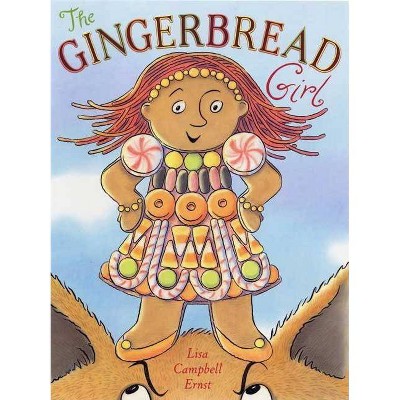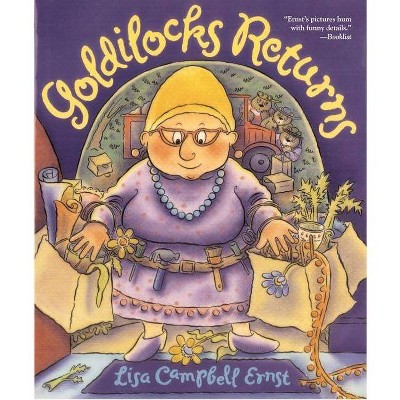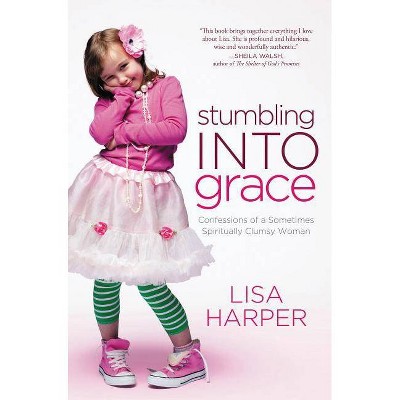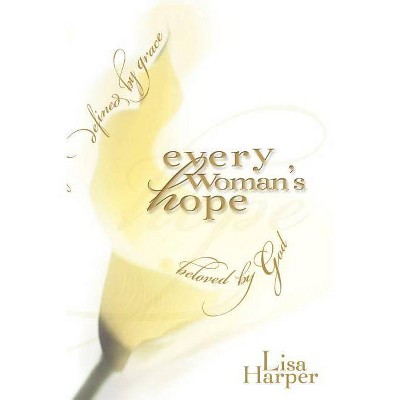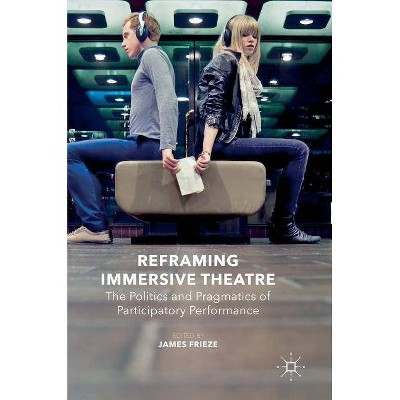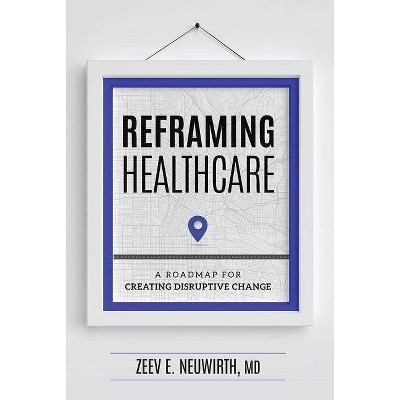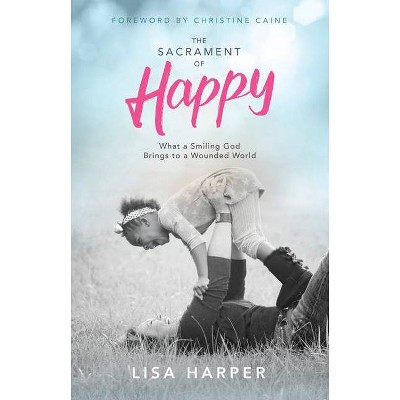Reframing Remembrance - by Lisa Harper Campbell (Hardcover)
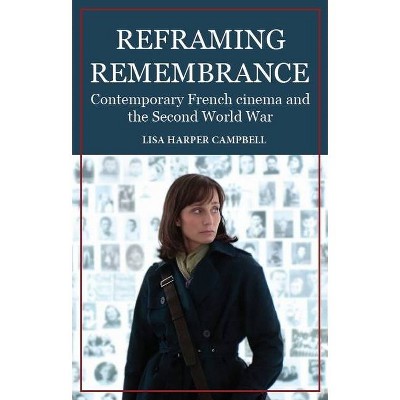
Similar Products
Products of same category from the store
AllProduct info
<p/><br></br><p><b> About the Book </b></p></br></br><i>Reframing remembrance</i> is an investigation into French cinema's representation of the Second World War. Focusing on films released between 1995 and 2015, it argues that Jacques Chirac's 1995 Vél' d'Hiv speech heralded a generational shift in WWII commemoration in French cinematic storytelling.<p/><br></br><p><b> Book Synopsis </b></p></br></br><i>Reframing remembrance </i>examines films about the Nazi Occupation of France, charting how this period has been commemorated and how it has affected the articulation of French national identity. The book proposes that 1995 marked the beginning of a new approach to commemoration, reflected by socio-political acts, such as Jacques Chirac's July 1995 Vél' d'Hiv speech, and artistic acts, most notably films set during the Occupation. This is an approach that embraces critical engagement with history and its retelling. With relevance to countries beyond France and events far removed from the Second World War, <i>Reframing remembrance</i> highlights the need for ongoing, honest remembrance and self-reflection as cultural representations of history continue to shape contemporary views about nations' identities and their global responsibilities.<p/><br></br><p><b> From the Back Cover </b></p></br></br>On 16 July 1942, thousands of Jewish residents of Paris were arrested by French police and held at the Vélodrome d'Hiver before being transported to extermination camps across Europe. It was not until 1995, on the fifty-third anniversary of the Vél' d'Hiv round-up, that the French authorities' complicity in this event was officially acknowledged, in a speech by newly-elected President Jacques Chirac: 'France, land of the Enlightenment and of human rights... France, on that day, committed an irreparable act.' <i>Reframing remembrance </i>argues that Chirac's speech marked a profound shift in the way French society, and its filmmakers, commemorated the Second World War. Following Henry Rousso's model (outlined in <i>Le Syndrome de Vichy</i>) and viewing historical films as vectors of memory, the book analyses cinematic representations of the Occupation as expressions of commemoration. It charts the evolution of Second World War stories told on screen and argues that more recent films are concerned with the collective experience of the Occupation, the pedagogical responsibility of historical films and the adopting of a self-reflective approach to their narrative structures. Focusing on films released between 1995 and 2015, the subjects of the study include works by Audiard, Becker, Berri, Bouchareb, Guédiguian, Jugnot, Lelouch, Miller and Paquet-Brenner<i>.</i> With its catalogue-like structure and clear thematic analysis of key concepts such as resistance, collaboration and legacy, <i>Reframing remembrance </i>is an informative and accessible investigation into French cinema and its treatment of the Second World War.<p/><br></br><p><b> About the Author </b></p></br></br>Lisa Harper Campbell is an independent researcher specialising in French, screen and drama studies. She is also an actor, director, producer and writer.
Price History
Cheapest price in the interval: 120 on November 8, 2021
Most expensive price in the interval: 120 on December 20, 2021
Price Archive shows prices from various stores, lets you see history and find the cheapest. There is no actual sale on the website. For all support, inquiry and suggestion messagescommunication@pricearchive.us

